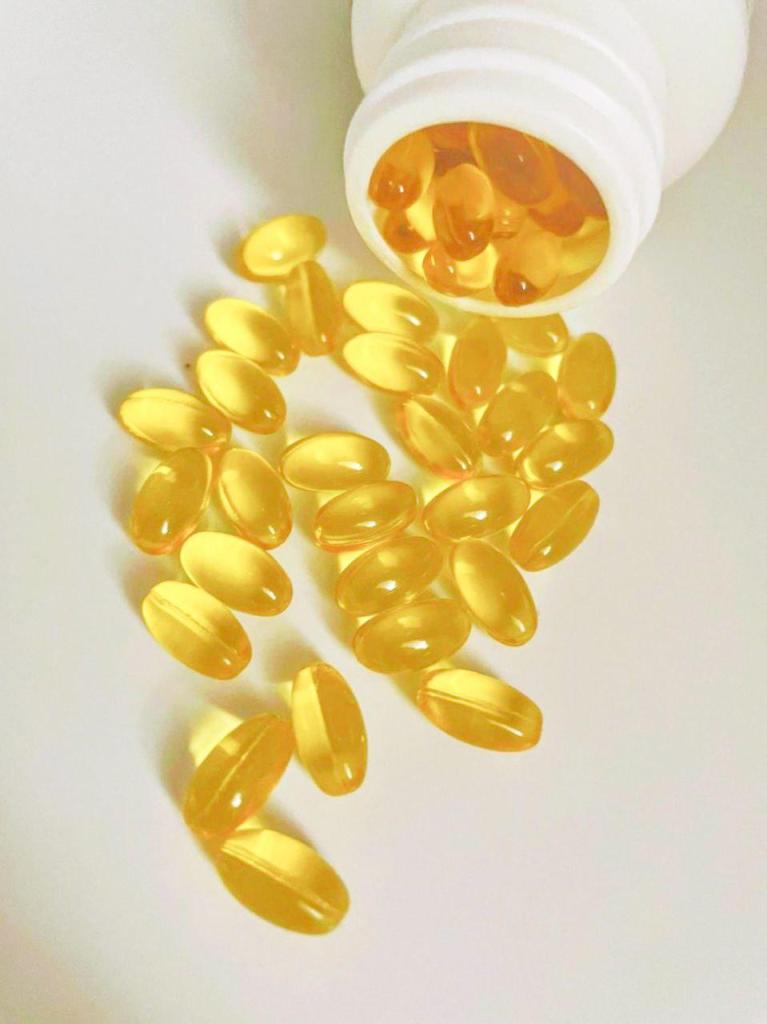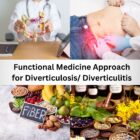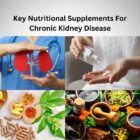VITAMIN D3 : SYNERGISTIC HEALTH BENEFITS
Magnificent Benefits of Vitamin D
- Resolve seasonal allergies, asthma
- Eliminate fatigue and muscle pain
- Improve metabolism, cardiovascular health
- Improve sleep quality and prevent snoring
- Increase muscle strength, slow ageing
- Prevent insulin resistance/Diabetes
- Boost immune system
- Reduces obesity
- Slow down Alzheimer’s, dementia
- Help in curing Insomnia and depression.
- It’s anti-cancer
- Prevent Auto-immune disease
- GUT health and reduces inflammation
- Prevent osteoporosis and hip fractures
Why most of us are Vitamin D deficient?
- We avoid sun exposure and use sunscreen more often
- Long stay in sun not practical because of skin cancers, sunburns, skin ageing
- Skin pigmentation as amount of melanin present differs.
- Liver and kidney health
- Ageing so low capacity to activate Vitamin D
- Influence of latitude and season
- Low quantity in food/diet
Photochemistry of Vitamin D
During exposure to sunlight 7-dehydrocholesterol and protein DNA and RNA in the skin absorbs UV B radiation and is converted to pre-vitamin D3 which in turn isomerizes into vitamin D3. Vitamin D is metabolized sequentially in the liver and kidneys into 25-hydroxyvitamin D (active form) which is a major circulating form and 1,25-dihydroxyvitamin D which is the biologically active form respectively.
What are various Vitamin D forms?
Vitamin D2 (Ergocalciferol) and Vitamin D3(Cholecalciferol). D2 is not ideal for the human body as we have more benefits from D3 rather than D2. The best form of Vitamin D3 is “Cholecalciferol” which is made by our skin.
Lab test and Interpretations :
Value of 25-OH D3 (25-Hydroxy Vitamin D3), Unit : ng/ml
0 -10 Severe deficiency
11-20 Moderate deficiency
21-30 Mild deficiency
31-70 Normal
71-90 Optimal
> 100 Toxicity
Optimal range of 25(OH) Vitamin D3 : 71-90 ng/ml or 181 – 220 nmol/L
If Lab report is in nmol/L it can be converted as ng/ml by dividing nmol/L by 2.5
Supplementation Guidelines :
The molecular form of Vitamin D to supplement is D3 (Cholecalciferol) and not D2 (ergocalciferol)
Best form is oil-based gel cap and to be taken in morning (mimic circadian rhythm) after breakfast for better absorption. Drops and tablets are not recommended as they are poorly absorbed though price wise not much different. If you are taking Omega-3(fish oil) supplement, then Vitamin D3 can be taken along with Omega-3.
Recommended dosage form (IU units) : 1000, 2000, 5000, 10000
Kindly consult with your medical practitioners to prescribe the correct dosage based on current value.
References Articles:
1. https://www.ncbi.nlm.nih.gov/pmc/articles/PMC3897598/
2. https://pubmed.ncbi.nlm.nih.gov/18400738/
3. https://pubmed.ncbi.nlm.nih.gov/15585788/
3. https://www.ncbi.nlm.nih.gov/pmc/articles/PMC3356951/
4. https://www.ncbi.nlm.nih.gov/pmc/articles/PMC6365669/
5. https://www.sciencedirect.com/science/article/pii/S187595721830651X









